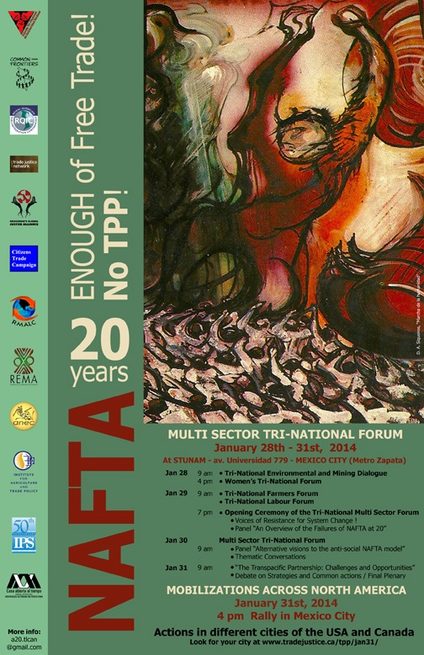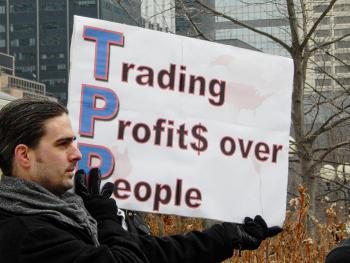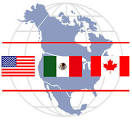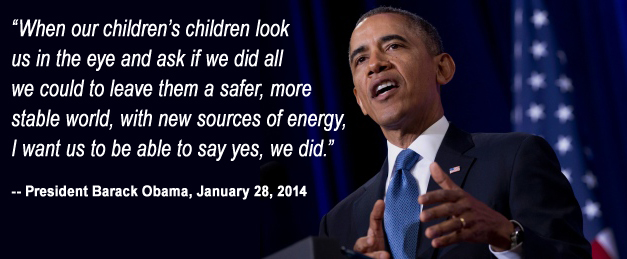‘Trade deals are good news for dairy Ireland’ (bad news for Canadian beef and dairy)
Posted on February 10, 2014“I am aware that many of the EU’s farming bodies have highlighted their concerns regarding Canadain beef accessing EU markets,” added Ontario-based Jay Johnston.
“But in all truth this will not happen. EU health regulations state that only meat from plants that process ‘hormone free’ beef only will be allowed into Europe.









 The Senate Committee on Agriculture and Forestry is now
The Senate Committee on Agriculture and Forestry is now  The clearly biased report ignores the massive increase in carbon pollution we would see as a result of the project's approval.
The clearly biased report ignores the massive increase in carbon pollution we would see as a result of the project's approval.